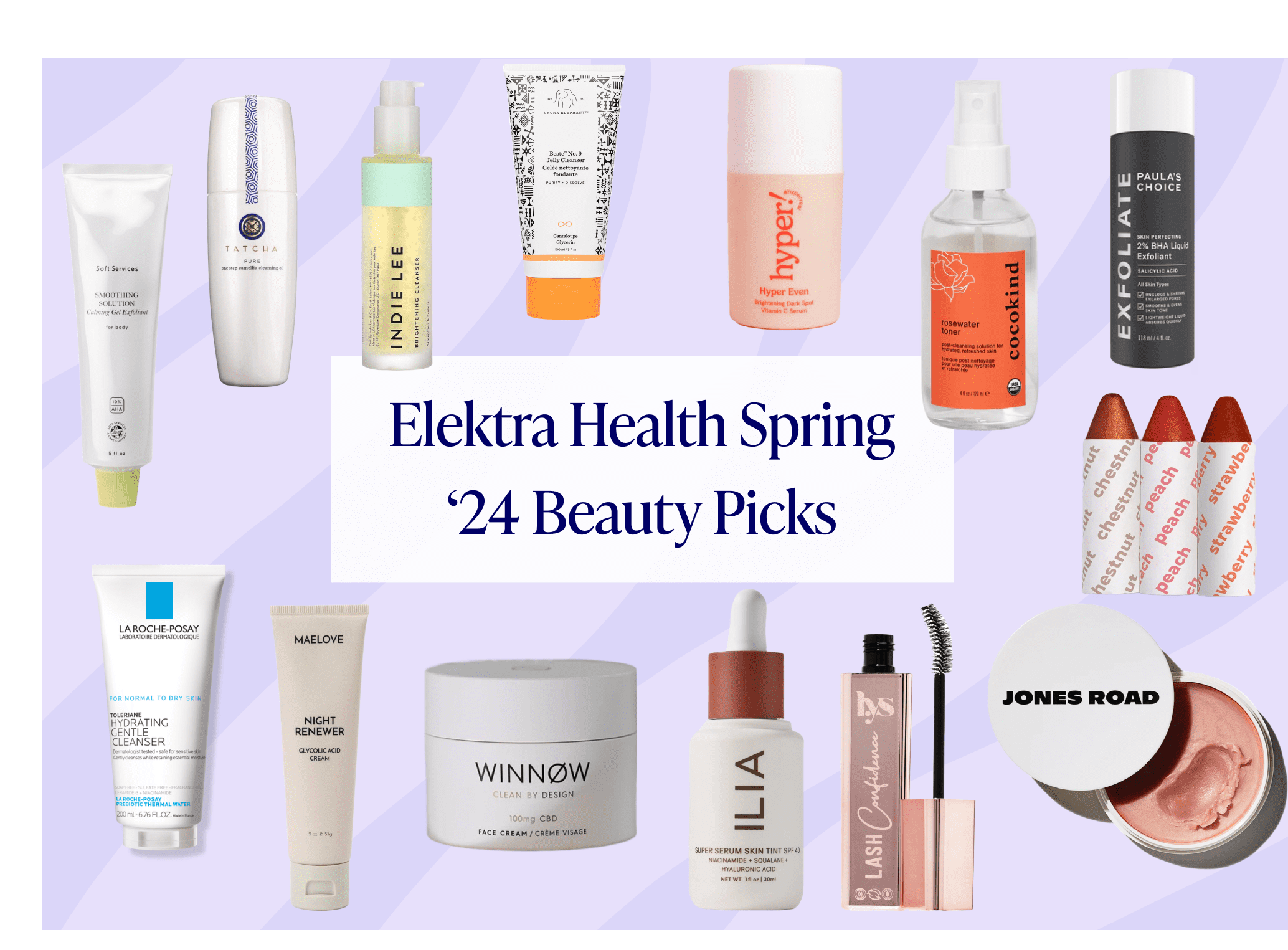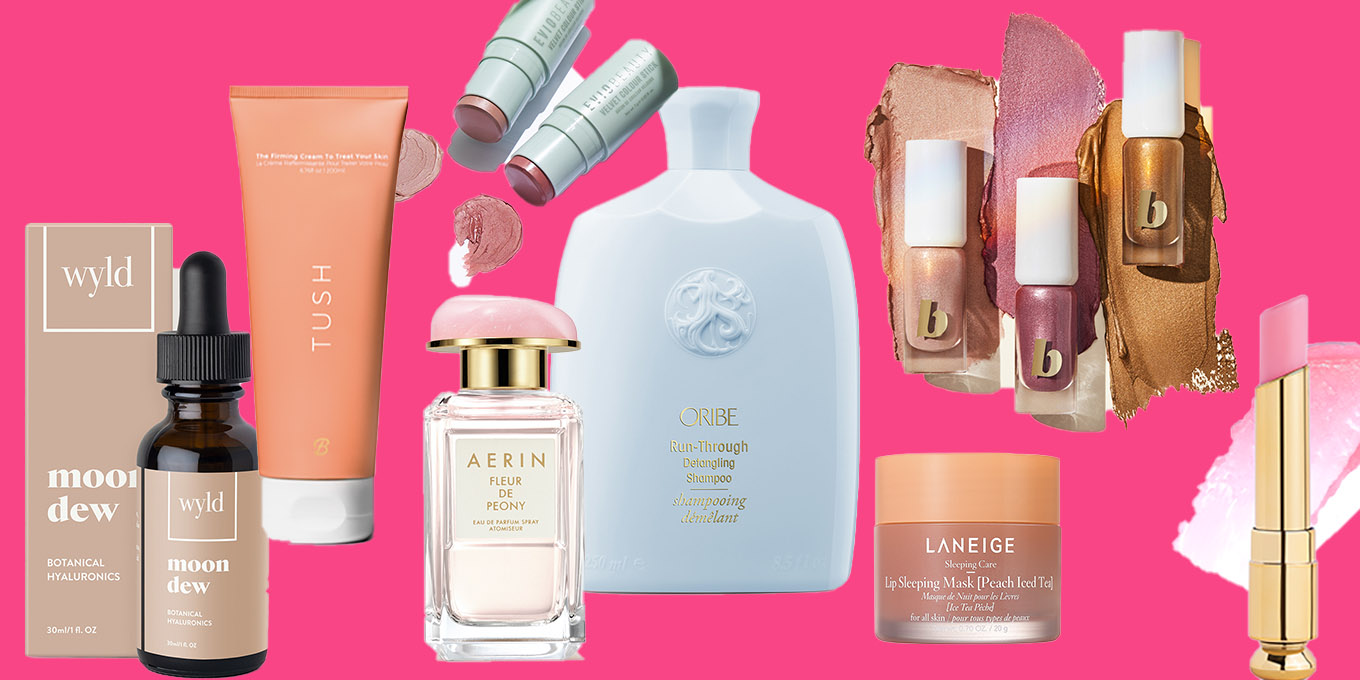Why Cruelty-Free Charm Products Are the Future of Skincare and Cosmetics
The shift in the direction of cruelty-free beauty products is not simply a fad; it mirrors a significant makeover in consumer worths and market methods. The ramifications of this change extend beyond customer choices, increasing inquiries concerning the future of regulatory criteria and brand name stability.
Expanding Consumer Recognition
The growing customer recognition surrounding cruelty-free appeal products reflects a substantial shift in social worths towards ethical intake. As people significantly focus on the welfare of pets and look for to make educated getting decisions, the need for items that are not evaluated on pets has actually risen. This heightened awareness is driven by a mix of aspects, consisting of the increase of digital platforms that facilitate expertise sharing, greater transparency from brand names, and campaigning for projects that highlight the ethical effects of conventional testing approaches.
Consumers are currently more complete than ever to study and recognize cruelty-free brands, resulting in an extra discerning industry. The spreading of qualification logos and standard labeling has actually likewise added to this shift, enabling customers to make choices lined up with their worths easily. Furthermore, more youthful generations, specifically millennials and Gen Z, are leading the charge, usually selecting brands that embody their moral stance. This cultural transformation not just influences individual getting actions but also pressures firms to embrace cruelty-free practices to stay competitive. As awareness proceeds to expand, the beauty sector faces an imperative to adapt, guaranteeing that moral considerations end up being important to item growth and advertising approaches.
Moral Factors To Consider in Elegance
Ethical factors to consider in appeal prolong past the world of animal well-being, encompassing a broader spectrum of social and ecological impacts. Consumers are increasingly looking at the sourcing of active ingredients, labor practices, and the eco-friendly impact of elegance products. Brands that focus on moral methods frequently make use of sustainably sourced materials, reducing their environmental impact while sustaining fair profession campaigns.
Additionally, the appeal industry has a substantial impact on global labor markets, specifically in creating nations where numerous active ingredients are sourced. Ethical brand names advocate for fair labor practices, making certain that employees get reasonable salaries and safe working problems. This commitment to social obligation not only enhances the lives of those involved in the production procedure yet additionally resonates with consumers that value transparency and integrity.
In addition, the environmental impact of packaging and production approaches can not be overlooked. Brand names are progressively embracing environmentally friendly product packaging options and minimizing waste, aligning with an expanding consumer demand for sustainability. By dealing with these moral considerations, appeal brand names can promote a much more diligent sector that values both individuals and the planet, leading the way for a future where responsible practices are the norm instead of the exception.

The Effect On Brand Name Commitment
Consumer loyalty to charm brand names is increasingly influenced by ethical methods, particularly in the world of cruelty-free and lasting items. cruelty-free beauty. As customers come to be more socially mindful, their investing in choices are frequently guided by the click here to find out more ethical effects of the products they pick. Brands that focus on cruelty-free techniques not only interest this growing demographic but also promote a sense of count on and honesty among their client base

Additionally, the transparency bordering cruelty-free accreditations enhances consumer confidence in the brand's dedication to ethical practices. This openness can create a psychological link between the customer and the brand name, more solidifying loyalty. In a period where brand reputation is significantly looked at, the commitment to cruelty-free methods is not just a pattern but a considerable factor in long-term brand name loyalty.
Advancements in Cruelty-Free Formulations
As brand name commitment significantly rests on ethical practices, companies are responding with ingenious methods to cruelty-free solutions. The read here market is witnessing a rise in the development of alternatives to animal screening, utilizing innovative modern technologies such as in vitro testing and computer modeling. These approaches not just meet honest requirements but additionally increase item growth timelines.
Moreover, numerous brand names are using the power of natural active ingredients that are both reliable and lasting. Plant-based extracts, bioengineered compounds, and ethically sourced materials are obtaining traction, attracting environmentally mindful customers. Technologies in conservation strategies, such as utilizing natural preservatives, improve item long life my review here without endangering cruelty-free integrity.
Brand names are additionally spending in clear sourcing practices, allowing customers to trace the beginning of components. This openness cultivates trust fund and encourages consumers to make educated selections. Furthermore, collaborations with non-profit organizations and cruelty-free certifications are becoming extra usual, signaling a dedication to honest techniques.
As the need for cruelty-free items proceeds to climb, these developments not only redefine sector criteria but also add to a more humane future for beauty and skincare. The commitment to ethical formulas is reshaping customer assumptions and driving the market towards greater liability.
The Future of Regulatory Criteria
The landscape of regulative criteria for cruelty-free elegance products is evolving rapidly in feedback to growing customer demand for openness and ethical methods. As consumers significantly focus on humane treatment of pets in item growth, regulative bodies are being urged to establish more clear guidelines and accreditations that delineate what constitutes cruelty-free.
Present laws differ commonly by area, developing confusion among customers and suppliers alike. cruelty-free beauty. In the future, we can anticipate a move towards standardized meanings and requirements, potentially bring about a combined worldwide structure. This would not only enhance customer trust fund but likewise urge much more brands to take on cruelty-free methods
Moreover, innovations in technology, such as alternate screening approaches and artificial insemination designs, are likely to affect governing requirements. These technologies can pave the means for more stringent needs that focus on gentle methods without compromising item security or efficacy.
The partnership between industry stakeholders, advocacy teams, and governing authorities will be critical fit these requirements. By cultivating discussion and establishing cohesive policies, the appeal sector can make certain that cruelty-free methods become an integral component of its moral landscape, inevitably profiting customers, pets, and the setting.
Conclusion
Enhancing consumer recognition and moral considerations drive brands to take on humane methods, fostering greater brand name loyalty. Eventually, the dedication to cruelty-free techniques is necessary for brand names looking for to grow in a competitive market, as it reverberates deeply with the worths of modern consumers.